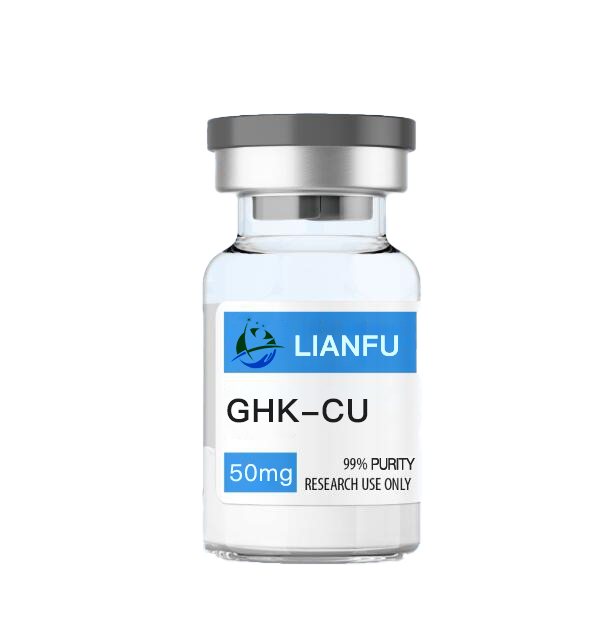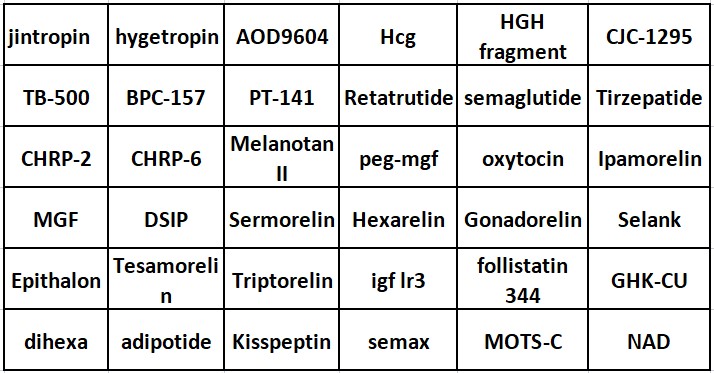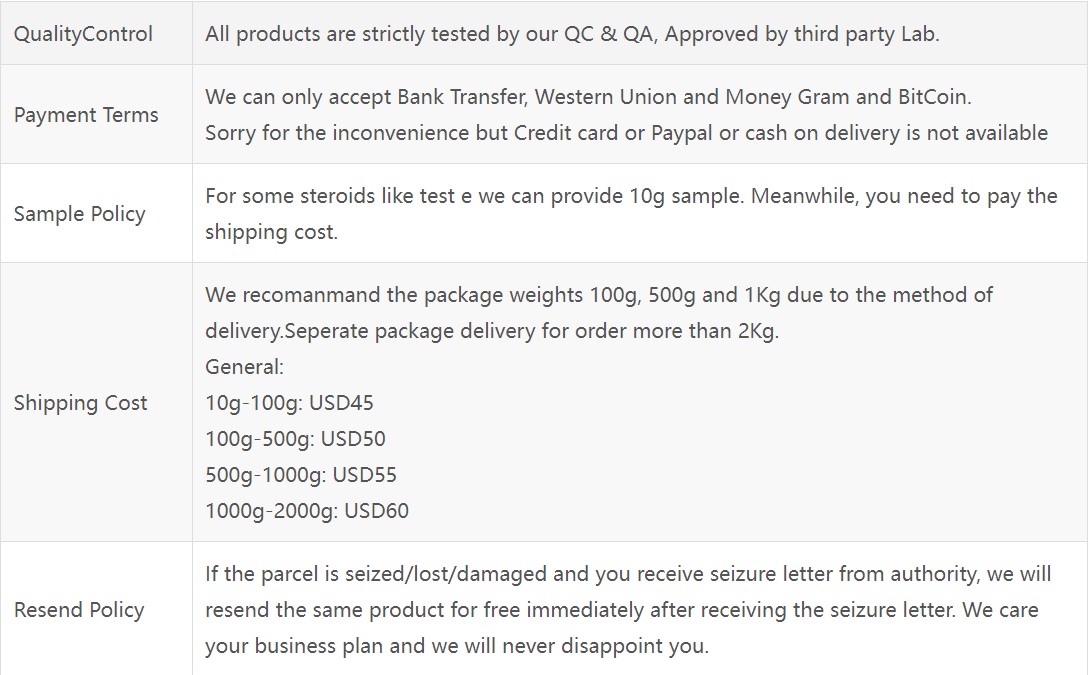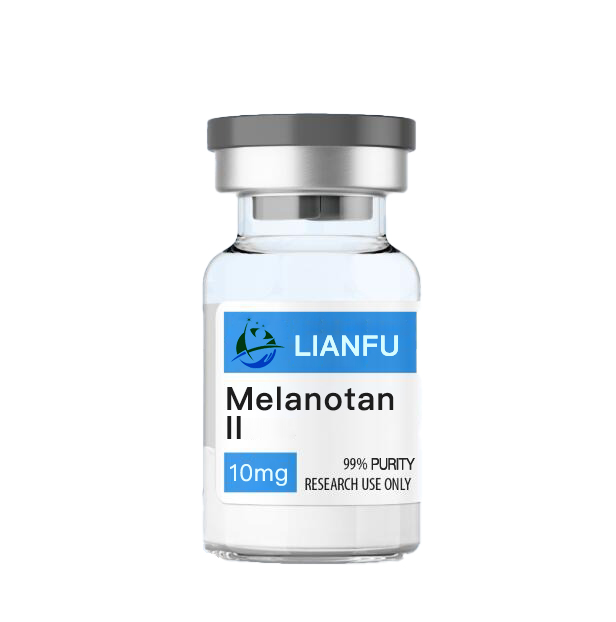GHK-Cu 50mg (Copper Peptide)
GHK-Cu is a natural peptide in human blood plasma, urine, and saliva. Research in animals reveals that GHK-Cu can improve wound healing, immune function, and skin health by stimulating collagen, fibroblasts and promoting blood vessel growth. There has been evidence that has shown that it acts as a feedback signal that is generated after tissue injury. It also suppresses free-radical damage and thus is an potent antioxidant.
GHK-CU AND SKIN HEALING
GHK-Cu is a natural component of human blood and, as such, has been studied for its potential in skin regeneration pathways. Research in skin cultures has suggested that GHK may stimulate the synthesis as well as breaking down of collagen, glycosaminoglycans, and other extracellular matrix components like proteoglycans and chondroitin sulfate. The potential effect is partially mediated through the positive effects of GHK-Cu recruitment on fibroblasts, endothelial cells, and immune cells. The peptide appears to attract these cells to the wound site and coordinate their activity in repairing the damage. GHK-Cu happens to be a common ingredient in skincare and cosmetic products. It not only appears to improve the elasticity of the skin but also may mediate skin tightening and firming. Research identifies its potential abilities to protect the skin against UV damage, prevent hyperpigmentation and reduce the appearance of fine lines and wrinkles. Modulation of collagen synthesis by GHK-Cu could be important in reducing the appearance of scars, preventing hypertrophic healing, smoothening rough skin, and repairing the structure of aged skin. Research in the roles of GHK-Cu suggest its benefits are mediated partially via its ability to boost the expression of transforming growth factor Beta. It is likely that the peptide works through various biochemical pathways and modifies gene expression. Studies in mice suggest that GHK-Cu may increase the rate of wound healing in burn patients to the extent of about 33%.[2] The peptide not only appears to recruit immune cells and fibroblasts to sites of injury, but may also promote the development of new blood vessels at these sites. Burnt skin often regrows blood vessels slowly because of the cauterization effect. Thus, these scientific hypotheses about the abilities of the peptide offer up a new option for potentially improving wound care in burn units for hastening the healing process.
GHK-CU PEPTIDE AND PAIN REDUCTION
In rat models, the use of GHK-Cu had a dose-dependent effect on pain-induced behavior. The peptide appeared to deliver analgesic effects mediated through increased levels of the natural painkiller L-lysine.[7] The researchers reported that “It was found the L-lysine residue plays the key role in these effects, because they were observed under the influence of L-lysine administration in doses close to its equimolar content in the studied tripeptide.” Similar studies have suggested the ability of the peptide to also enhance levels of L-arginine, another analgesic amino acid.[8] These findings indicate the alternate mechanisms for pain alleviation that do not rely on addictive opiate drugs or NSAIDs, which are detrimental to the heart. In conclusion, research reports that in experimental studies, GHK-Cu appeared to exhibit minimal side effects, low oral bioavailability and excellent subcutaneous bioavailability in mice. However, per kg dosage in mice does not match up to humans.
Main products list:












